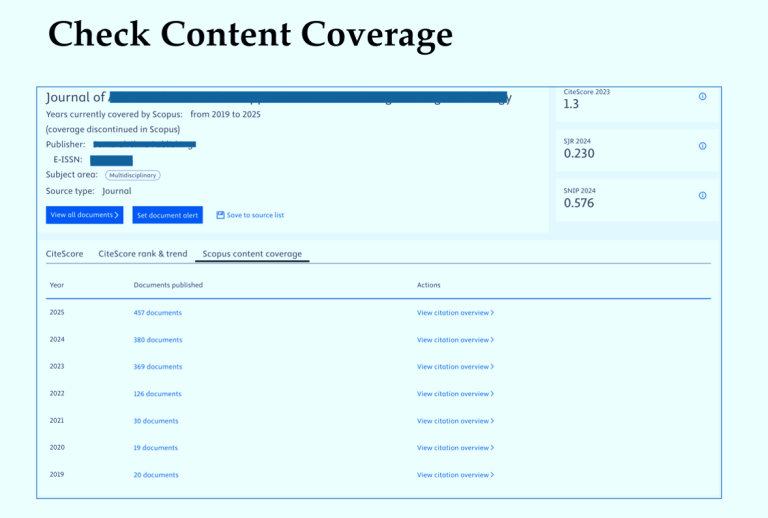Waste motor oil (WMO), also known as used engine oil, is a common byproduct of the automotive industry and presents a dual challenge and opportunity in the realms of environmental sustainability, resource management, and economic potential. Therefore, this article provides an exploration of the challenges and opportunities associated with WMO and highlights the importance of responsible disposal and recycling practices to strike a balance between environmental preservation and economic growth.
Challenges:
- Environmental Pollution: Improper disposal of WMO can result in severe environmental contamination. When oil is dumped or accidentally leaked into the soil, water bodies, or storm drains, it poses a significant risk to ecosystems, wildlife, and groundwater. The impact on aquatic life and terrestrial habitats can be devastating, leading to long-lasting ecological damage.
- Health Risks: Exposure to WMO can have detrimental effects on human health. This oil contains harmful chemicals and carcinogenic substances that can pose risks to individuals who come into contact with it. Communities with poor waste management practices are particularly vulnerable to the health hazards associated with WMO.
- Resource Depletion: Motor oil is derived from crude oil, which is a finite and dwindling resource. Disposing of used motor oil irresponsibly exacerbates resource depletion and contributes to the demand for increased crude oil extraction. This, in turn, has negative environmental impacts, such as habitat destruction and carbon emissions.
- Energy Consumption: Recycling WMO is an essential step in managing this waste, but it requires energy-intensive processes. These processes can contribute to greenhouse gas emissions and other environmental concerns, potentially offsetting the benefits of recycling.
- Regulatory Compliance: To address these environmental challenges, governments have implemented regulations governing the disposal and recycling of WMO. Non-compliance with these regulations can result in legal consequences, including fines, emphasizing the importance of adhering to proper waste management practices.
Opportunities:
- Recycling and Reuse: WMO can be reprocessed and refined to create high-quality lubricants and base oils. This reduces the demand for virgin crude oil and helps conserve valuable resources while simultaneously lowering the environmental footprint associated with oil production.
- Energy Recovery: WMO can be burned in specialized facilities to generate heat and electricity. This not only contributes to energy production but also reduces the environmental impact of waste oil. This is an innovative approach to WMO management that aligns with sustainable practices.
- Job Creation: The recycling and disposal of WMO necessitate a diverse workforce, from skilled technicians to unskilled laborers. This sector provides employment opportunities in waste collection, transportation, treatment, and recycling, thus contributing to local economies.
- Economic Value: Recycled motor oil products can be sold in the market, creating economic value for businesses engaged in the recycling and re-refining industry. This not only reduces waste but also offers a lucrative avenue for companies and entrepreneurs.
- Environmental Benefits: Properly managing WMO significantly reduces its environmental impact. Preventing soil and water contamination benefits both ecosystems and human health. Responsible waste management is key to preserving the environment for future generations.
- Innovation and Technology: The WMO industry is continually evolving, with ongoing advancements in technology and processes that enhance recycling efficiency and environmental sustainability. Innovations in refining techniques and waste-to-energy technologies further the cause of sustainable WMO was management.
In conclusion, WMO is a double-edged sword, presenting both environmental challenges and economic opportunities. To harness these opportunities and mitigate the challenges, it is essential to prioritize responsible disposal and recycling practices, enforce regulations, promote public awareness, and support the development of innovative and sustainable solutions for managing used motor oil. Striking a balance between environmental preservation and economic growth is not only possible but imperative for the well-being of our planet and future generations.












